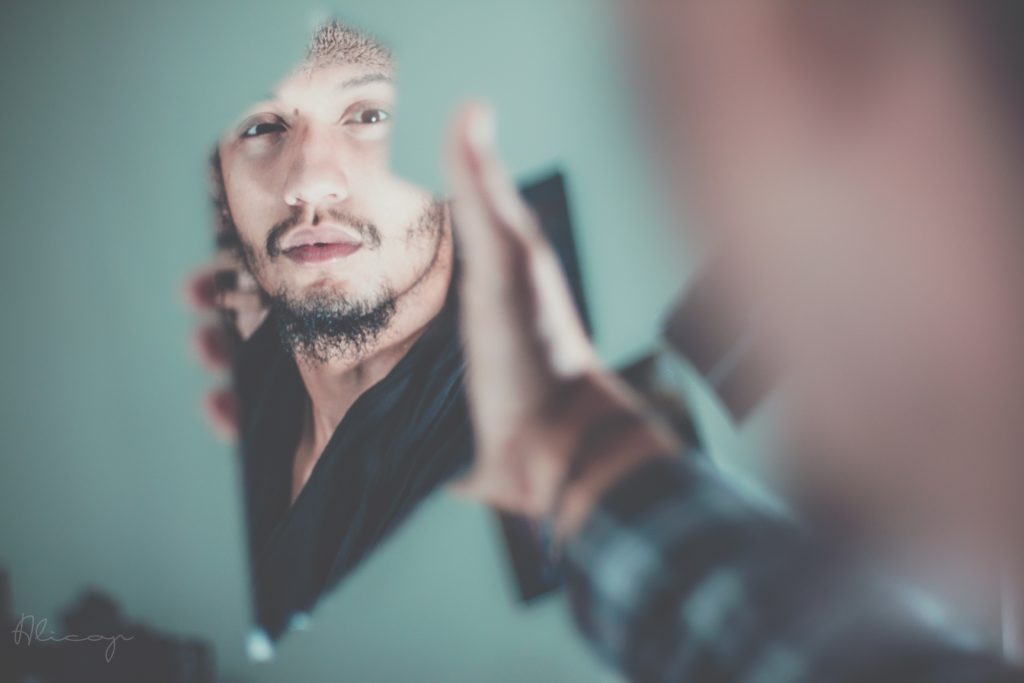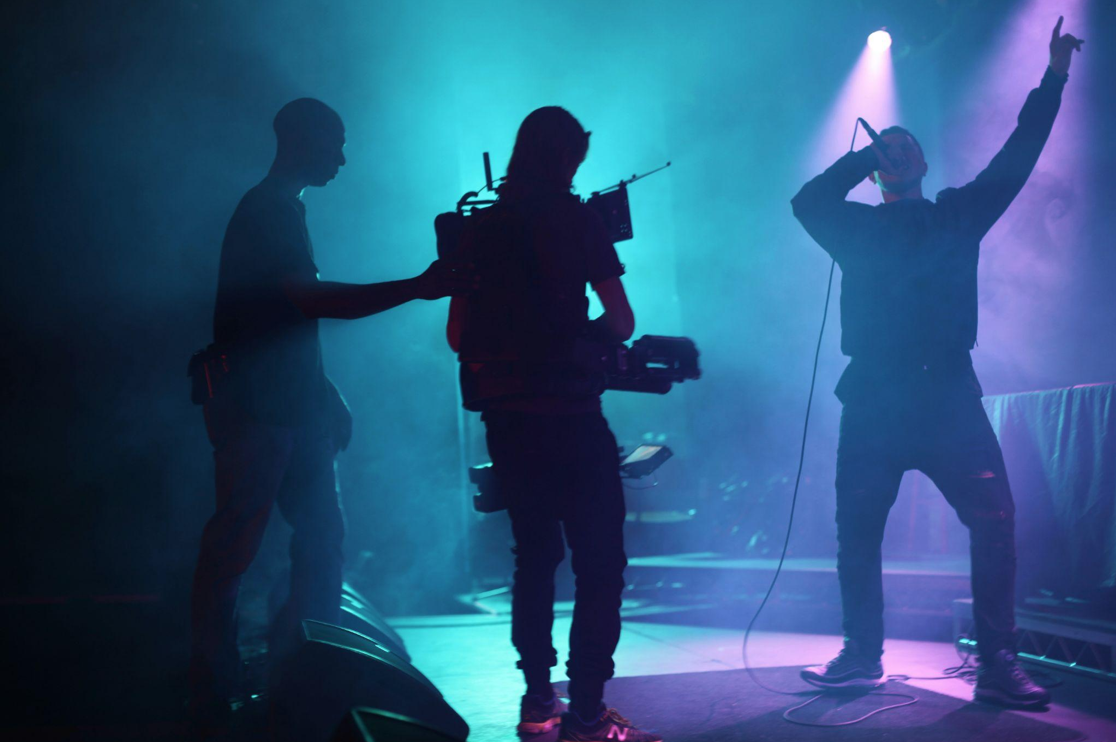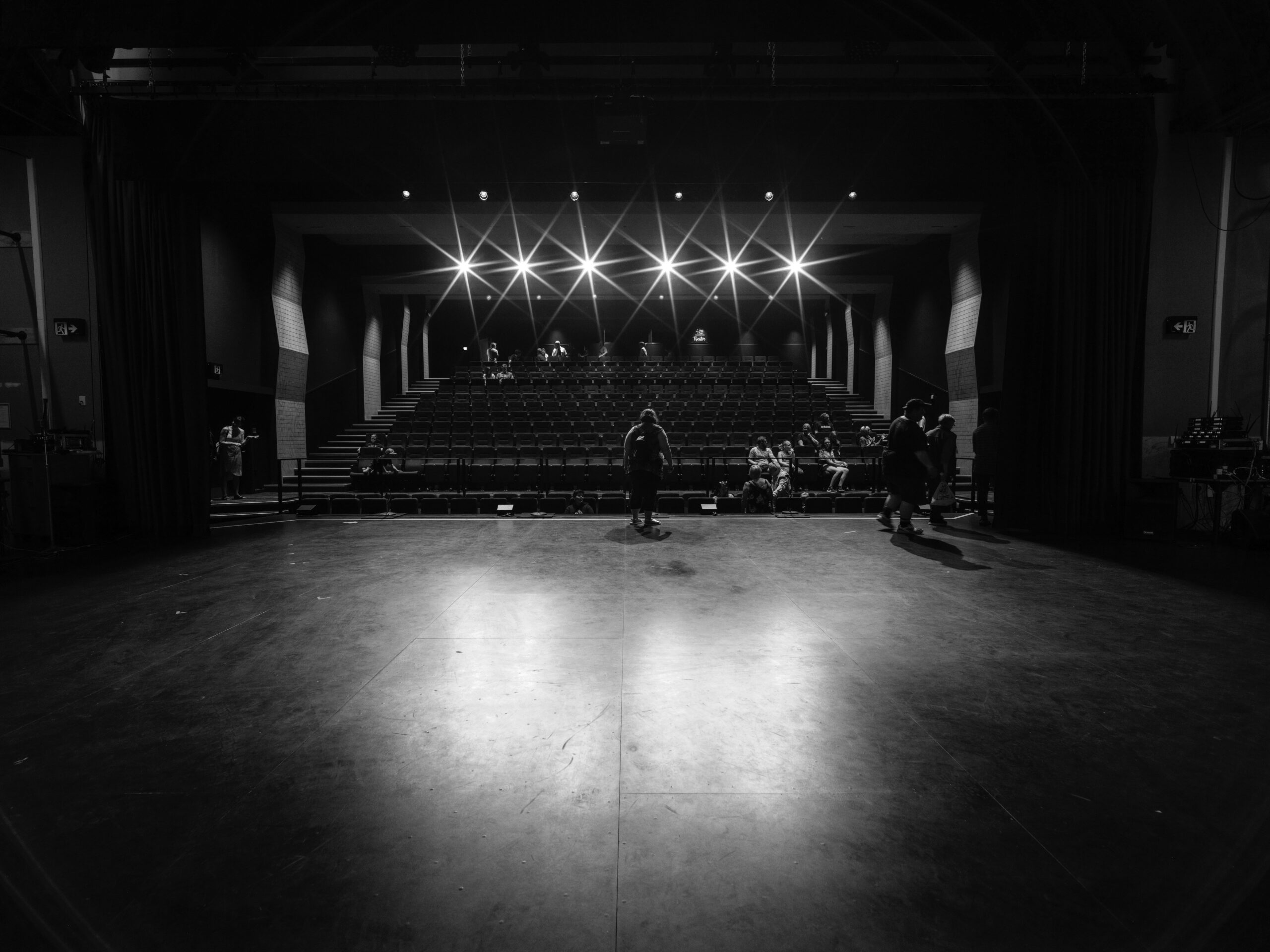
Imagine yourself playing Grand Theft Auto. In the spirit of the game, you go rampaging through the city only to find you’ve ran over a pedestrian that looks exactly like you. Would you feel shocked? Angered? Bemused? The chance of this happening is low, but not impossible.1
Electronic Arts, Inc. (EA), a video game company, recently filed a patent that allows for a “completely customized 3D character model based on the person seen in [an] image, ready to be placed in the video game world they’re needed for.”2 This technology would streamline the character creation process for developers, who might spend hours agonizing over the minute details of each individual character, by allowing them to simply upload a photo of a person and then smooth out any unruly details.
Developers keep tight control over the rights to their video games, which is why players are subject to strict licensing agreements prior to accessing games. These agreements typically include provisions that give the developers rights over any player contributions. For instance, Bethesda Softworks’ The Elder Scrolls V: Skyrim End User Licensing Agreement (EULA) contains a provision that subjects players seeking to mod their version of Skyrim to the The Creation KitTM EULA, which gives Bethesda rights over player-created content.3 Another example is EA’s The SimsTM 3 and 4 EULA, which contains similar provisions granting EA “non-exclusive, perpetual, fully transferable and sub‐licensable, worldwide, irrevocable right to use, reproduce, modify and create derivative works from” player-created content.4
However, people own the rights to their likeness and reputation. The misappropriation of one’s likeness is separate, but closely related, to the right of publicity, which protects people “against the misappropriation of a person’s name, likeness, or other indicia of personal identity . . . for commercial benefit.”5 The main difference is that misappropriation can apply to private individuals, whereas the right of publicity primarily applies to high-profile individuals.6 There have been numerous instances of celebrities invoking the right of publicity against video game developers for creating characters that highly-resemble, or are directly based on, them.7 In Hart v. Elec. Arts, Inc., former college athletes successfully sued EA for using their likeness in its NCAA Football franchise—despite EA not using any names, the characters’ profiles were undoubtedly based on the athletes.8 In comparison, Lohan v. Take-Two Interactive Software, Inc.,9 actress Lindsey Lohan unsuccessfully sued Take-Two Interactive Software for using her likeness in their video game, Grand Theft Auto V—the court found that the alleged character was not “considered a portrait of Lohan.”10 Though right of publicity is primarily invoked for high-profile individuals, like celebrities, the increased development and use of technology may present potential issues for non-celebrities as well.11
The issue with EA’s patented technology is that it may have legal consequences if developers do not obtain the required consent for the use of people’s likeness. While this may be circumvented by simply obtaining consent from the relevant parties, video games can be (and often are) “modded” by gamers who might choose to appropriate the likeness of certain individuals for their video games.12 This could extend to gamers creating avatars that resemble celebrities to avatars that look just like themselves or their friends.13 If EA were to extend its technology to its users within video games, then it would become easier for gamers to create and upload characters that appropriate another’s likeness without their consent. It is foreseeable that high- and low-profile individuals would not want their likeness associated with video games, especially if the video game features violent themes.
There were 2.69 billion video game players reported in 2020, and the number has only risen in the past two years.14 Given the developers extensive EULAs, it is unclear whether developers could be held liable for their players’ upload and appropriation of another’s likeness.15 The vast number of players around the world would also create great difficulties for developers attempting to control individual users and their ability to mod or upload others’ likeness into their video games.16 The developers may be able to rely on fair use or transformative use defenses but, as noted in the examples above, it would depend on whether the courts find the characters to represent a true portrait of the individual.
Olivia Yoon is a Second Year Law Student at Benjamin N. Cardozo School of Law and a Staff Editor at the Cardozo Arts & Entertainment Law Journal. Olivia is also the current secretary of Cardozo’s Asian Pacific American Law Student Association and the current treasurer of Cardozo’s Entertainment Law Society.
- ESO, This NPC Looks Exactly Like Me In Skyrim, YouTube (Sept. 7, 2021), https://www.youtube.com/watch?v=gUDcSf_nL6U (YouTuber ESO uploaded a clip of himself accidentally killing a NPC in Skyrim that looked like him).
- Zackari Greif, EA Patent Could Create Video Game Characters From Photos, Videos, GameRant (Sept. 12, 2021), https://gamerant.com/ea-patent-create-video-game-characters-photos-videos/.
- See The Elder Scrolls V: Skyrim Special Edition EULA, Steam, https://store.steampowered.com/eula/489830_eula_0 (last visited Jan. 18, 2022, 10:45 AM); The Creation KitTM, Steam, https://store.steampowered.com/eula/eula_202480 (last visited Jan. 18, 2022, 10:45 AM).
- End User License Agreement for The SimsTM 3 Game, Electronic Arts, https://media.contentapi.ea.com/content/dam/eacom/en-us/eula/eula-the-sims-3-row-pc-11-2015.pdf (last visited Jan. 18, 2022, 10:45 AM). See also End User License Agreement, The Sims 4, Electronic Arts, https://media.contentapi.ea.com/content/dam/eacom/en-us/eula/eula-the-sims-4-pc-row-07092014.pdf (last visited Jan. 18, 2022, 10:45 AM).
- Right of Publicity, Int’l Trademark Ass’n, https://www.inta.org/topics/right-of-publicity/ (last visited Jan. 13, 2022, 10:00 AM). See also Mark Roesler & Garrett Hutchinson, What’s in a Name, Likeness, and Image? The Case for a Federal Right of Publicity Law, ABA (Sept. 16, 2020), https://www.americanbar.org/groups/intellectual_property_law/publications/landslide/2020-21/september-october/what-s-in-a-name-likeness-image-case-for-federal-right-of-publicity-law/.
- Jason Zenor, If It’s in the Game: Is there Liability for User-Generated Characters That Appropriate a Player’s Likeness?, 16 J. Marshall Rev. Intell. Prop. L. 291, 296 (2017).
- Stephen McArthur, Right of Publicity in Video Games – How You Can Legally Include a Celebrity in Your Game, Game Developer (Nov. 17, 2014), https://www.gamedeveloper.com/business/right-of-publicity-in-video-games—how-you-can-legally-include-a-celebrity-in-your-game.
- Hart v. Elec. Arts, Inc., 717 F.3d 141 (3d Cir. 2013).
- Lohan v. Take-Two Interactive Software, Inc., 2018 NY Slip Op 02208, 31 N.Y.3d 111, 73 N.Y.S.3d 780, 97 N.E.3d 389.
- Lisa Marie Segarra, Lindsay Lohan’s Lawsuit Against Grand Theft Auto 5 Was Shot Down, Time (Mar. 31, 2018, 2:22 PM), https://time.com/5223591/lindsay-lohan-gta-5-lawsuit/.
- See Jennifer Van Kirk & Rachel Nicholas, Social Media and the Right of Publicity: What Advertisers Need to Know, https://www.worldtrademarkreview.com/brand-management/social-media-and-the-right-of-publicity-what-advertisers-need-know (last visited Jan. 13, 2022, 10:40 AM).
- Rafi Letzter, Online Communities are Changing Video Games to Make Them Better, Weirder, and Much More Wonderful, Insider (July 20, 2015, 11:49 AM), https://www.businessinsider.com/video-game-modding-2015-7#:~: (Modding is when someone modifies or alters video games to “fix bugs, update graphics, or introduce new elements.” New elements can include custom characters, items, maps, or even quests.).
- Jason Zenor, If It’s in the Game: Is there Liability for User-Generated Characters That Appropriate a Player’s Likeness?, 16 J. Marshall Rev. Intell. Prop. L. 291, 302-303 (2017).
- Nestor Gilbert, Number of Gamers Worldwide 2022/2023: Demographics, Statistics, and Predictions, FinancesOnline, https://financesonline.com/number-of-gamers-worldwide/ (last visited Jan. 19, 9:10 AM) (“There were 2.69 billion video game players worldwide in 2020.”).
- Jason Zenor, If It’s in the Game: Is there Liability for User-Generated Characters That Appropriate a Player’s Likeness?, 16 J. Marshall Rev. Intell. Prop. L. 291, 303-304 (2017).
- Nestor Gilbert, Number of Gamers Worldwide 2022/2023: Demographics, Statistics, and Predictions, FinancesOnline, https://financesonline.com/number-of-gamers-worldwide/ (last visited Jan. 19, 9:10 AM) (noting the vast number of players in 2020).



